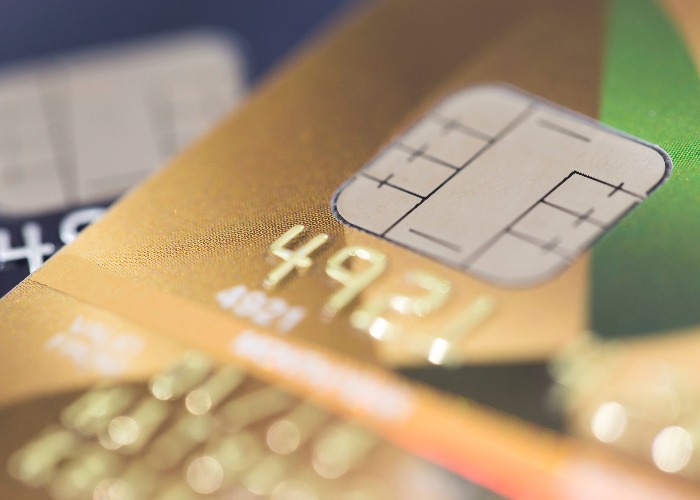HSBC offers £25 cashback with its credit card

HSBC will pay you £25 when you get its credit card. But is it worth it?
Switching incentives are the norm in the current account market. Move your bank account to the likes of First Direct, Halifax or Clydesdale Bank and you will pocket anything from £100 to £150 as a welcome bonus.
Now HSBC is trying the same tactic, but with credit cards.
New credit card customers can get £25 just for opening an account and then either making a purchase or transferring an existing balance.
What’s the deal?
The offer is only open to HSBC Advance current account customers and only available until 7th August.
Balance transfers on the HSBC Credit Card are interest-free for 34 months and come with a 3.3% balance transfer fee. Purchases are interest-free for three months and the normal purchase rate is 18.9% APR.
To get the £25 cashback, you need to either make a purchase or transfer a balance within 60 days of opening the credit card. Purchases can be of any value, but balance transfers must be at least £100. HSBC will then pay £25 into your Advance account within 45 days.
The offer rules say you can’t be an existing HSBC credit card customer or have had an HSBC credit card in the past six months. HSBC won’t accept transfers from other HSBC companies either, so credit card customers of First Direct, Marks & Spencer and John Lewis can’t move over a balance.
Should you switch to the HSBC credit card?
If you’re a HSBC Advance customer and don’t have an existing balance to transfer, it's easy money. Open a credit card account, make a small purchase, and net £25. Make sure you repay the bill in full by the end of the month.
If you’re not an Advance customer, or have an existing credit card balance to transfer, it’s a bit more complicated.
Firstly, let’s look at Advance customers with an existing credit card balance elsewhere.
The HSBC balance transfer fee is quite high at 3.3%. This means if you owe more than £757.58 on your credit card your entire £25 cashback will be wiped out by the fee.
If you can pay the debt off relatively quickly, then you'll be better off switching it to a 0% balance transfer card with no transfer fee. Tesco, Halifax and Post Office all offer cards with 18-month 0% periods and zero transfer fees. Read The best low-fee balance transfer credit cards for more.
If you can’t pay off your balance relatively quickly you should look at the longest balance transfer deals on offer – and HSBC is among them.
At 34 months, it’s just two months short of the longest deals which currently stand at 36 months from and Barclaycard, Halifax, Virgin Money, MBNA, Bank of Scotland and Lloyds .
Of the 36-month cards the one with the lowest fee is Barclaycard’s Platinum 36 month Balance Transfer Visa, which has a balance transfer fee of 2.39% (1.99% if you apply direct).
Whether this is best for you depends on the size of your balance. For example if you have a £1,500 balance to transfer, HSBC works out pretty well. You’d pay a fee of £49.50 but the £25 cashback would reduce this to £24.50. Transferring £1,500 to Barclaycard’s Platinum card would cost more at £35.85.
But if you had a £5,000 balance it would cost you £140 to switch to HSBC, even taking the £25 into account. Switching the balance to Barclaycard would cost just £119.50.
For more on the longest 0% cards around, check out The best 0% balance transfer credit cards.
Should you switch to HSBC?
If you’re not with HSBC but want to take advantage of the credit card cash incentive, you might consider switching your current account to HSBC Advance.
HSBC is currently paying new account-holders a welcome bonus of £120. However, to qualify you need to pay in £1,750 a month for two months.
You can also earn an extra £120 by opening a HSBC Loyalty Cash ISA and taking advantage of Save Together.
Add on the £25 for switching your credit card and in total you could earn £265 by switching to HSBC.
The Advance current account is fee-free and offers preferential rates on various products. The most eye-catching is a Regular Saver paying 6% but the maximum you can pay in is £250 per month for up to 12 months.
For a full run down of the other bank accounts which pay you to switch, read The best bank accounts for cashback
Compare current accounts with loveMONEY
More from loveMONEY:
Virgin Money: New top 0% credit card for spending
The best low-fee balance transfer credit cards
Comments
Be the first to comment
Do you want to comment on this article? You need to be signed in for this feature